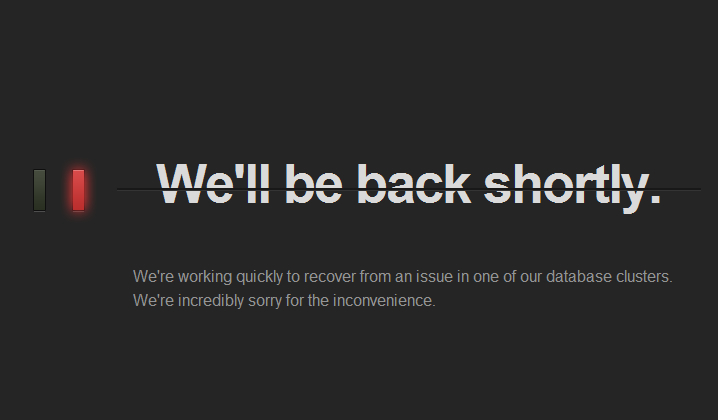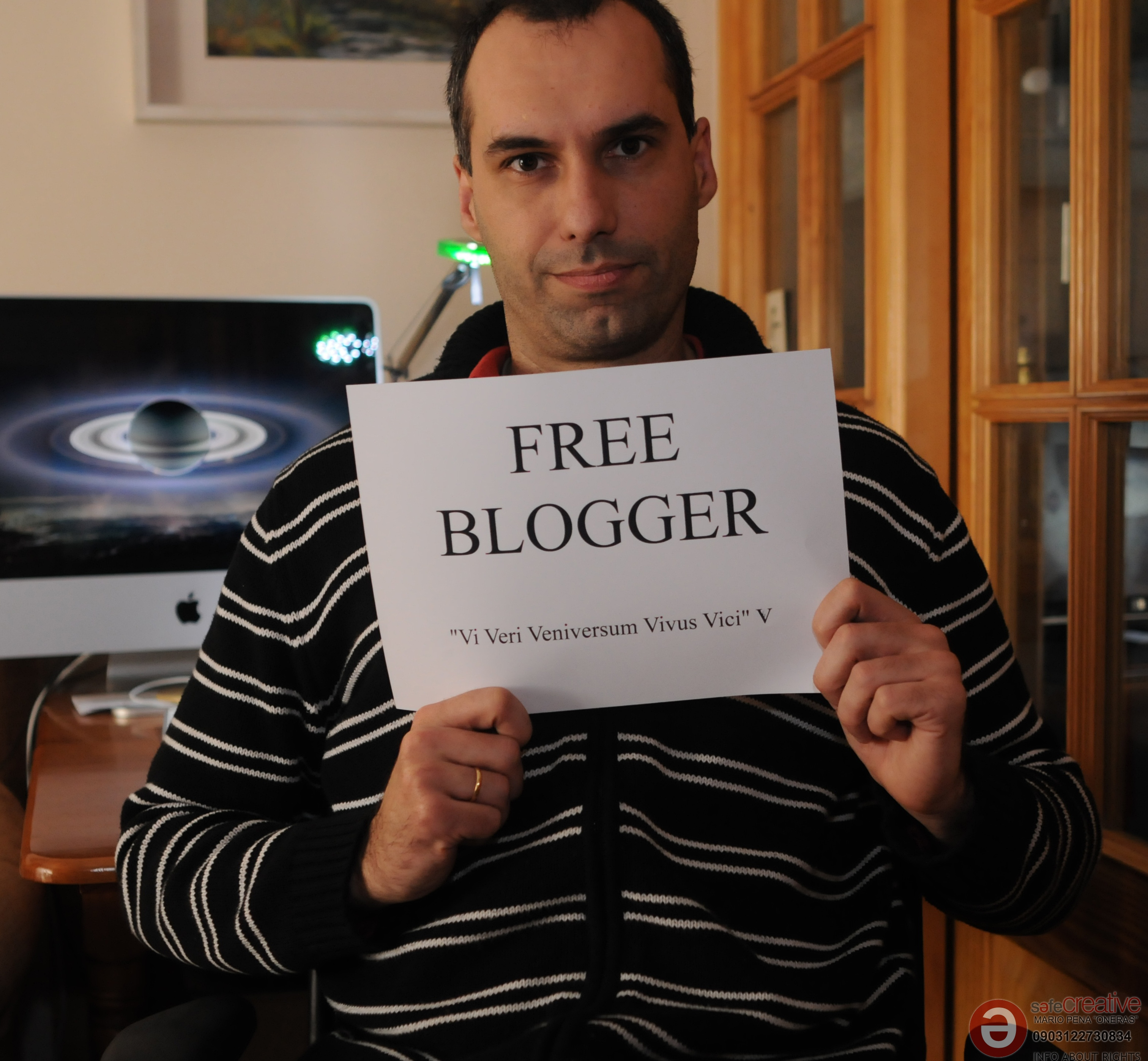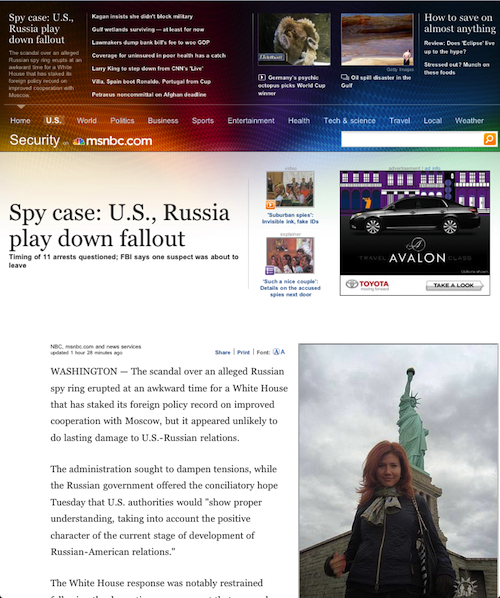I have come to loathe top-10 lists, and I have stopped writing them. They are a sucker’s play for pageviews, although I have always used top-10s mainly for their presentation value. Now that they’re everywhere and displacing original content, I’ve got something of a personal boycott going (hence, why there have been none from me recently at Betanews). It’s with that introduction I come to maim a top-10 list posted last week. “The truth about the newsroom—straight-up!” offers 10 things reporters “want from [public relations] pitch to coverage”.
Deanna White tweeted about the post, to which I responded after reading: “My list would look nothing like this. If that’s what my peers want, someone pull out journalism’s obituary & run it” (News organizations generally keep prewritten obituaries ready to run the second someone famous enough dies).








